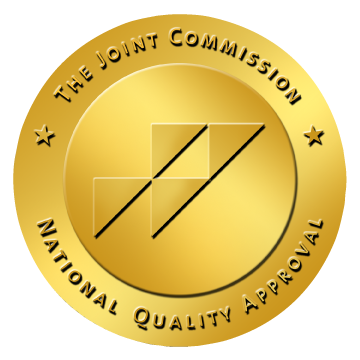Do you know or suspect your loved one is addicted to the use of alcohol? The American Psychiatric Association defines addiction as “compulsive substance use despite harmful consequences.” People with addictions to alcohol, drugs, or both often continue the behavior even when it causes serious problems in their lives.
Alcoholism is a chronic disease that doctors diagnose as alcohol use disorder (AUD) or substance use disorder (SUD), which includes drugs or alcohol. Like most other chronic diseases, there is no cure for alcohol use disorder, but a person can learn to manage it successfully.
According to recent government statistics, more than 28 million people aged 12 and over had an alcohol use disorder in 2020. The data also found that almost 98 percent of those with a substance use disorder felt they did not need treatment. Encouragement and support are essential in getting people the help they need.
Don’t hesitate to start a conversation with your loved one about your concern over their alcohol use. With your help, your loved one may agree to seek treatment. A recent study concluded, "families play a key role in motivating persons with AUD to recognize the need to change, providing support for change, and supporting long-term recovery.”
To help your addicted loved one, you must start by understanding what it means to have a dependence on alcohol and why it is so difficult for most people to stop using alcohol without help.
Alcohol affects neuropathways in the brain that regulate emotion, pain, judgment, memory, balance, and coordination. When alcohol enters the brain, it triggers the release of hormones like dopamine and serotonin, which heighten pleasure and a sense of well-being. Although “feel good” hormones are released naturally in response to any pleasurable experience, addictive substances cause a more significant spike in hormone levels, powerfully reinforcing the urge to repeat the experience.
Continued use of alcohol causes the brain to alter as it begins to rely on a steady influx of the substance. As alcohol use continues, the brain tolerates the usual amount of alcohol and demands increasingly more significant amounts to produce the desired response. Tolerance means the body has become dependent on alcohol, and withdrawal symptoms, including cravings, will occur if alcohol use stops abruptly.
It is also at the point of dependence that many people find it challenging to feel happy or even "normal" without alcohol, making it extremely challenging to stop drinking without professional help.
Careful planning before you have a conversation with your loved one increases the chances of a successful outcome.
It is crucial to avoid labels like "alcoholic" and, instead, share your understanding of alcohol use disorder as a treatable disease. Stress your belief that your loved one can recover and that you and other loved ones will support them throughout the journey.
Calmly discuss the harmful behaviors you have observed and how they have impacted your loved one and others. Discuss why you are concerned without being accusative. Don't generalize by saying "you always…," but focus on the specific behaviors you noted in your planning.
Express your concern over how your loved one's continued alcohol use may severely damage their relationships, career, physical and mental health, have serious legal or financial repercussions, or result in their injury or death. Reassure them they can take steps to ensure this does not happen by doing the following:
If your loved one's behavior continues to spiral downward, but they still refuse treatment, consider planning an intervention. It may take more than one conversation before your loved one consents to treatment. The important thing is you have opened the door to future discussions.
Contact New England Medical Group for guidance on the next steps and resources. We provide flexible, comprehensive substance abuse treatment services, including individual and group therapy, mindfulness groups, and aftercare planning.
